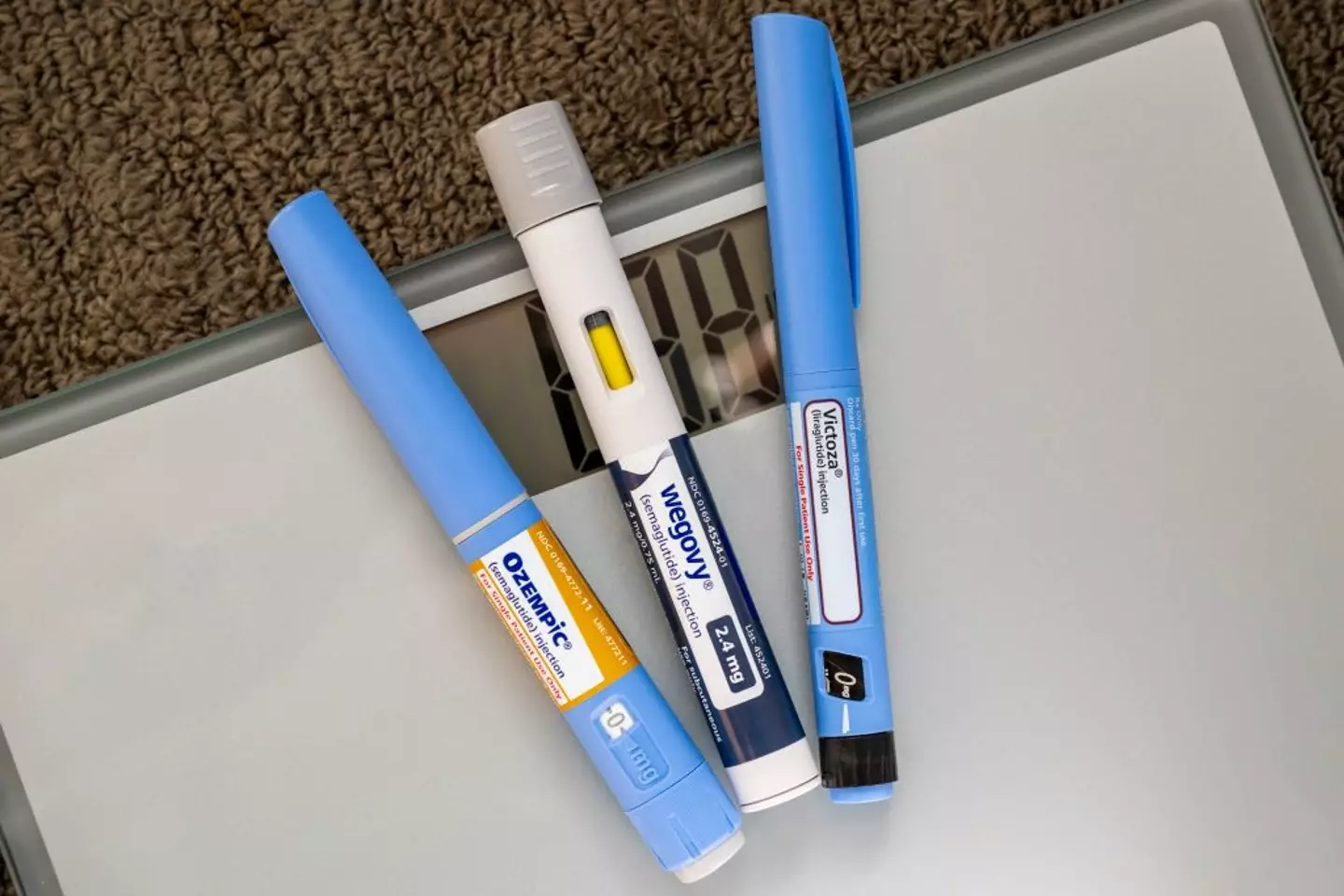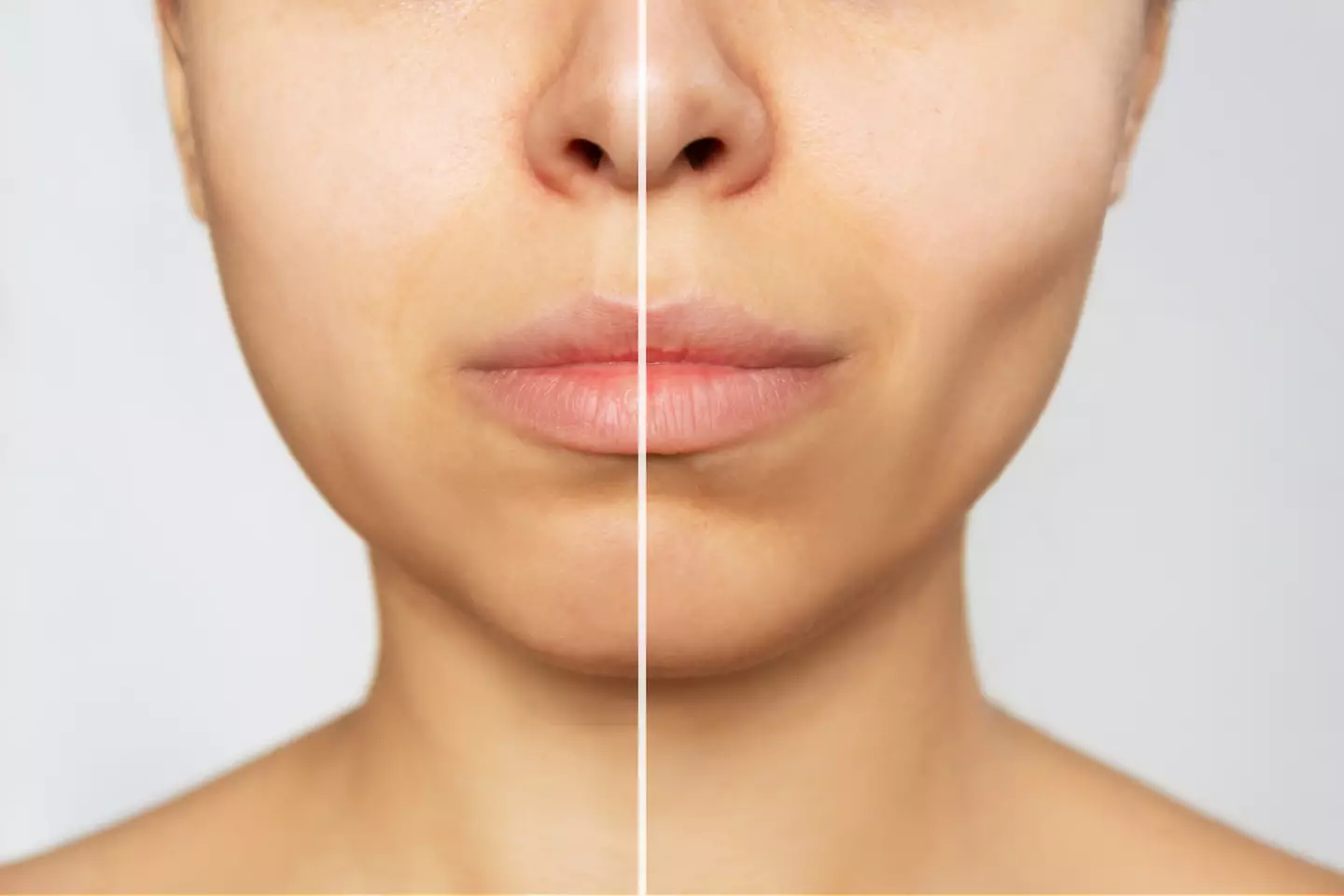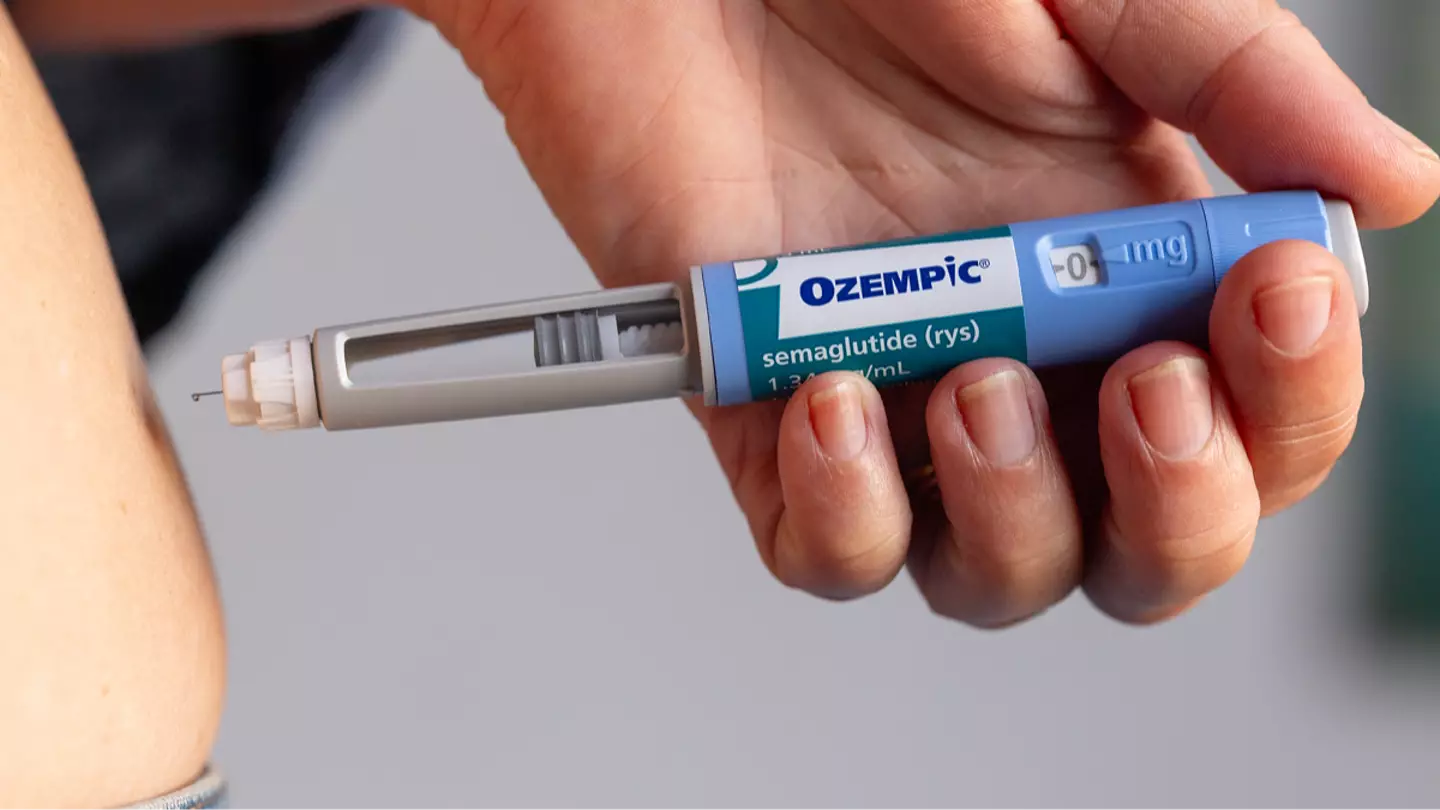A user of Ozempic has turned to online platforms seeking guidance after observing a significant change in their eyes in addition to the anticipated weight loss.
Ozempic, a GLP-1 medication, has been sanctioned for Type-2 diabetes treatment since 2017, though it hasn’t received FDA approval as a treatment specifically for weight loss. Nevertheless, its component, semaglutide, has appetite-suppressing qualities which aid in weight reduction.
Due to these effects, Ozempic and related GLP-1 drugs such as Wegovy and Mounjaro have gained immense popularity, with approximately 15.5 million adults in the U.S., equating to about six percent of the population, opting to use the medication.
Despite its seemingly favorable impact on weight, the medication’s adverse effects are well-documented, including symptoms like nausea, diarrhea, abdominal discomfort, gas, and even alterations in skin, dental health, and sexual experiences.
Some individuals have noticed changes in their genital areas, with reports of women losing ‘fat pads’ in the vulva and men experiencing penile growth, a condition now referred to as ‘Ozempic penis.’
Additionally, other users have reported a decline in sexual desire since beginning the medication.

Recently, a user shared another noticeable change, this time affecting a more visible area – the face.
The individual posted on Reddit, sharing before and after photos of Scott Disick, from Keeping Up with the Kardashians, who made headlines last year for his gaunt look after reportedly losing significant weight.
In an episode of The Kardashians, Disick’s refrigerator was seen stocked with Mounjaro, and he commented, “I’m not embarrassed that I took it.”
Comparing himself to Disick, the Ozempic user recounted experiencing ‘moderate’ weight loss of 15kg (over 33 pounds) in six months but also significant changes to his eyes.
“My eyes look sunken and hollow,” the Redditor noted, adding that his face has ‘rapidly aged’ resembling Disick’s appearance.
While some commenters attributed this look to ‘Ozempic face,’ others argued that collagen naturally decreases with age, and they doubted the medication could cause sunken eyes.
“I wouldn’t blame Ozempic for this one,” expressed another user.

Drugs.com explains that ‘Ozempic face’ is a common occurrence, referring to the discernible facial changes after ‘significant and fast weight loss’ due to medications like Ozempic and Mounjaro.
“Ozempic Face is a term that describes gaunt and hallowed cheekbones, increased lines and wrinkles around the face, sunken eyes, dark circles around the eyes, and sagging skin around the jaw bone and neck,” the site explains.
The phenomenon can also make individuals appear older than their actual age because GLP-1 drugs affect body composition, with research showing that lean muscle mass comprises 25% to 40% of the overall weight lost on these drugs.
Dr. Patrick Byrne, president of the American Academy of Facial Plastic and Reconstructive Surgery, told The New York Post that these drugs result in ‘far more dramatic and rapid weight loss than one typically sees.’
“Changes in the face seem to be more enhanced because of it,” he remarked.

Nonetheless, significant dietary changes or other weight-loss methods like surgery or starvation can also lead to hollowed eyes and a gaunt appearance.
Novo Nordisk, the company behind Ozempic, responded with a statement emphasizing patient safety: “Patient safety is of the utmost importance to Novo Nordisk, and we recommend patients take these medications for their approved indications and under the supervision of a healthcare professional.
“We continuously collect safety data on our marketed GLP-1 medicines and work closely with the authorities to ensure patient safety. As part of this work, we continue to monitor reports of adverse drug reactions through routine pharmacovigilance.
“We recommend that any patient experiencing side effects while taking GLP-1 RA medicines, including Wegovy and Ozempic (semaglutide injection), report them to their healthcare provider and via the MHRA Yellow Card scheme: https://yellowcard.mhra.gov.uk/.”

